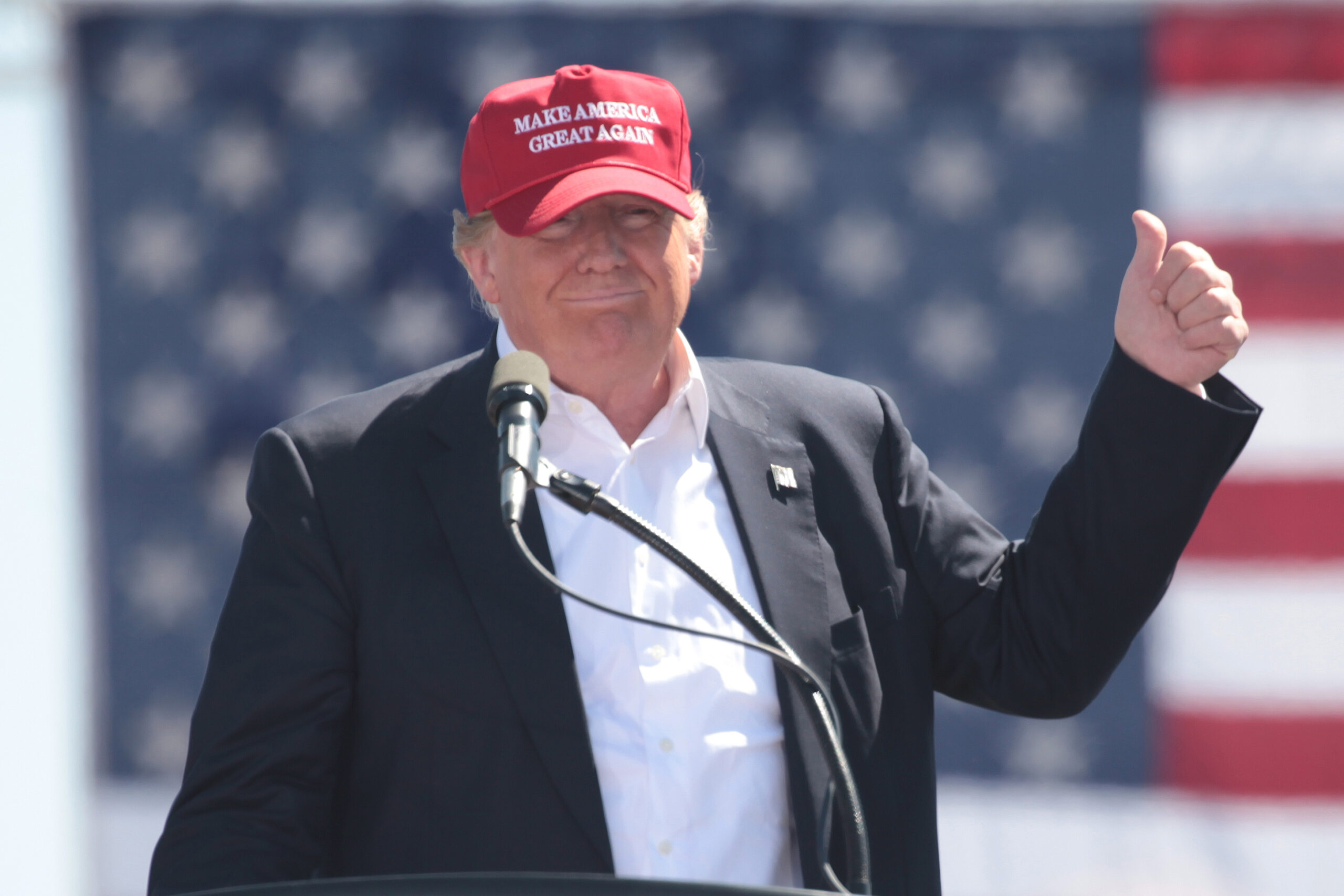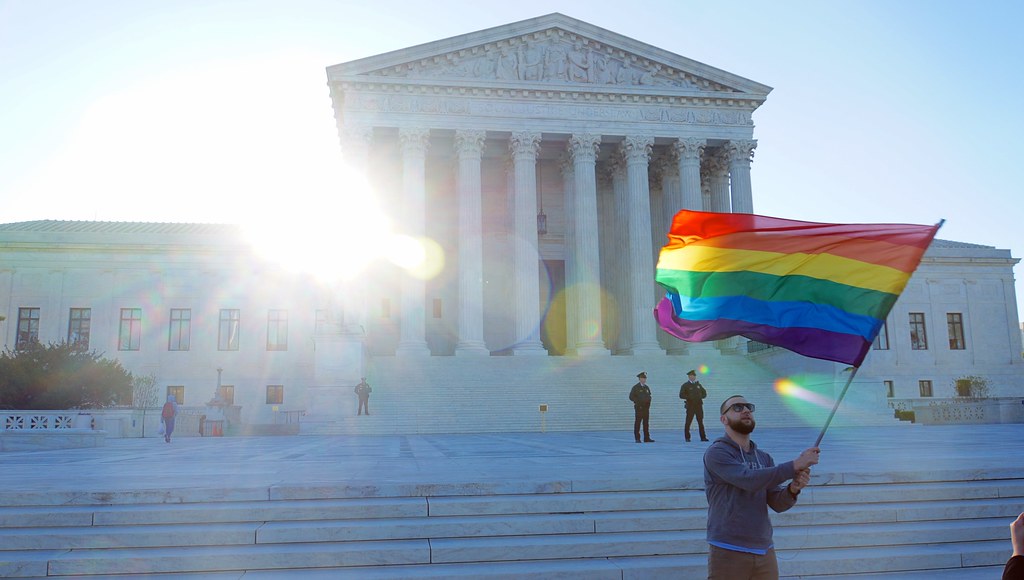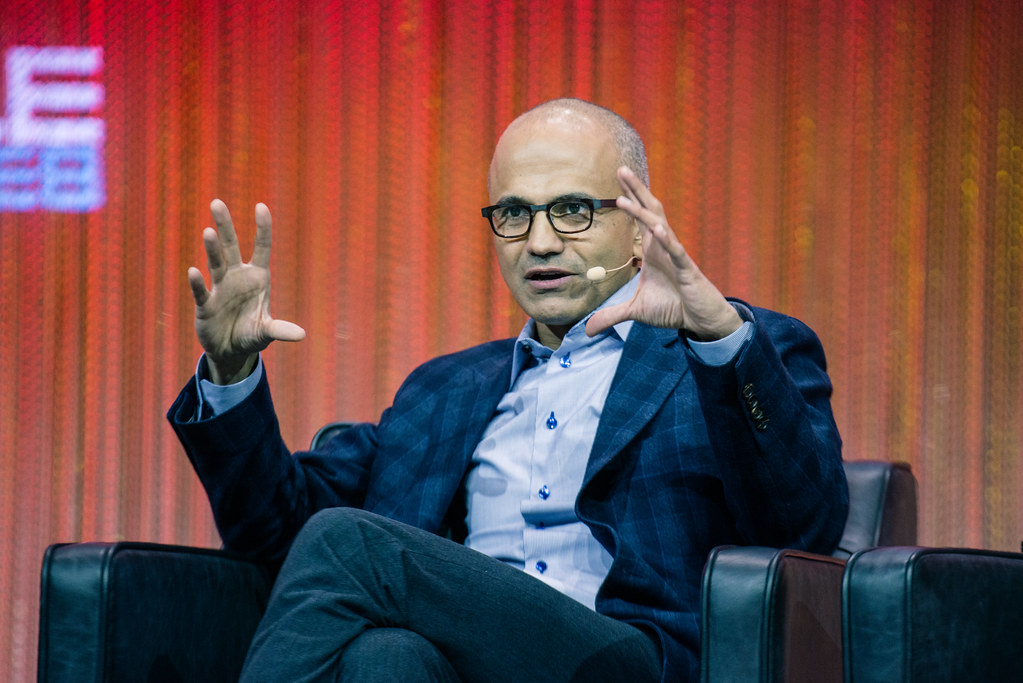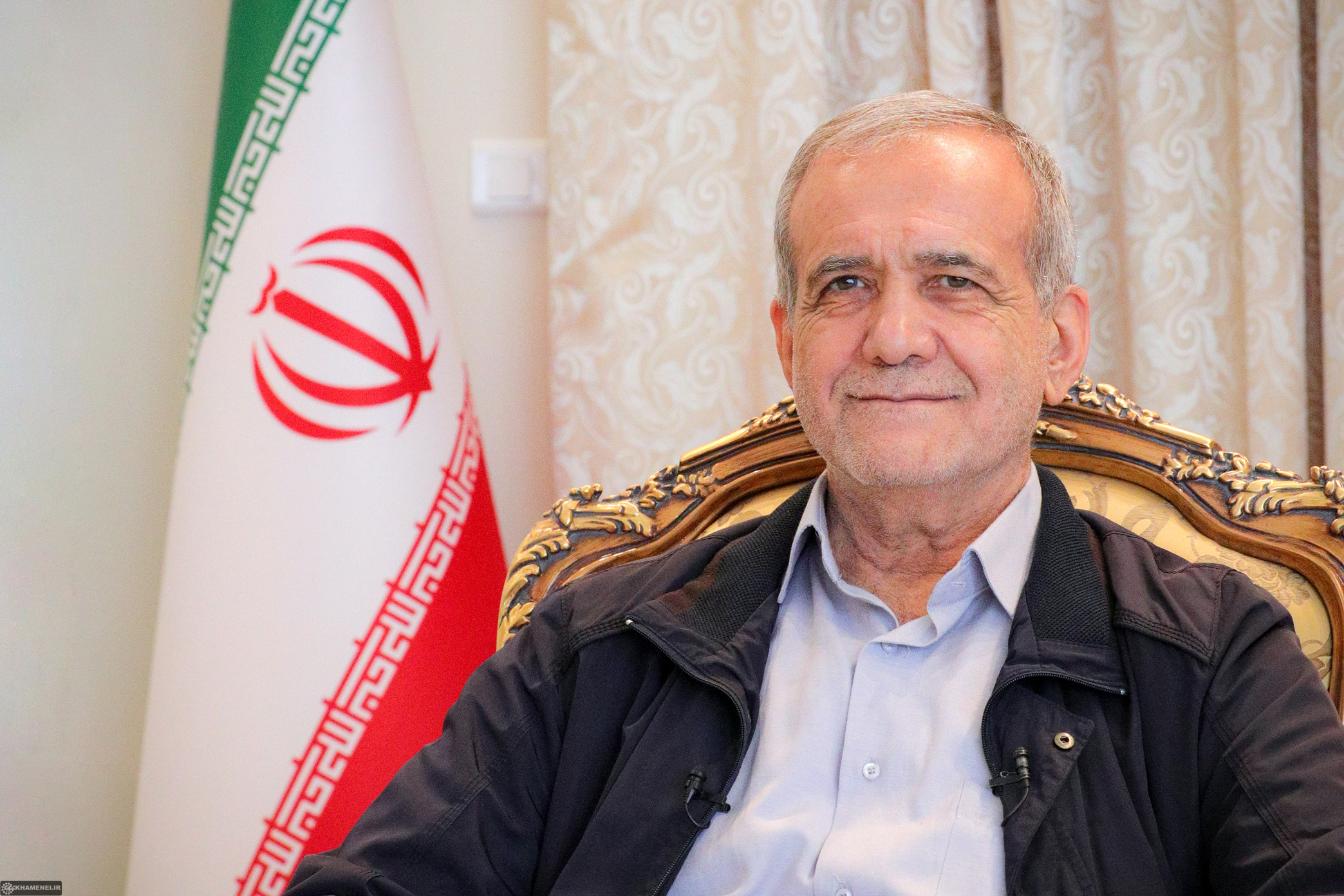Donald Trump‘s presidential campaign conveyed to NBC News on Wednesday that a re-elected Trump administration would endorse “universal access” to in-vitro fertilization (IVF), which could extend coverage to same-sex couples seeking this costly fertility treatment.
Commitment to Universal IVF Access
In a detailed statement, campaign press secretary Karoline Leavitt emphasized that Trump has consistently supported the autonomy of states regarding abortion policies and assured that he would not advocate for a federal abortion ban. Additionally, Trump’s campaign clarified his support for universal access to both contraception and IVF.
Last month, Trump informed NBC News of his administration’s intent to either have the government or insurance companies cover IVF costs for all Americans desiring or requiring the treatment. “Under the Trump administration, we will be paying for that treatment,” Trump stated, asserting that his administration would mandate insurance companies to cover these expenses.
The clarification came following a question about whether this inclusive approach would extend to same-sex couples, to which Leavitt responded without directly confirming. Instead, she contrasted Trump’s policies with those of Kamala Harris and the Democrats, whom she criticized as being out of touch with mainstream American views on abortion.
Uncertainty and Controversy Surrounding the Proposal
Despite the bold announcement, there has been little elaboration from Trump’s campaign on how these initiatives would be implemented. An insider familiar with the campaign’s strategy mentioned that Trump’s IVF statement was “unexpected” and took many of his advisers by surprise. Even Republican allies in Congress expressed confusion and some opposition to the policy.
Responding to Trump’s remarks and the broader claims about Democratic support for late-term abortion, Kevin Munoz, a spokesperson for the Harris-Walz campaign, pointed out inconsistencies in Trump’s record. Munoz highlighted that Trump’s policies could potentially restrict IVF, citing his past appointments and proposals that would allow healthcare workers to deny IVF treatments to LGBTQ couples. He accused Trump of falsehoods, asserting, “Trump lies as much if not more than he breathes,” and championed Vice President Kamala Harris as the candidate who would safeguard healthcare freedoms.
Trump’s vice presidential pick, Senator JD Vance of Ohio, has shown a clear stance by voting against Democratic legislation aimed at protecting IVF in June and missing a subsequent Senate vote on the same issue.
The conversation around IVF and LGBTQ rights is particularly relevant as, historically, only seven states, including Colorado and New York, mandate IVF benefits for same-sex couples. The high costs associated with fertility treatments, which can be around $20,000 per cycle, add another layer of complexity, as few insurance companies cover these costs comprehensively.
Recent Developments in LGBTQ Rights
In January 2021, the Trump administration finalized a rule that removed discrimination protections for LGBTQ individuals, affecting tax-payer funded adoption agencies’ policies on serving same-sex couples. This rule was later reversed by the Biden administration.
Amid these policy debates, Trump has continued to campaign on issues concerning transgender rights, pledging to abolish gender-affirming care for minors and rollback protections for transgender students.
As the U.S. navigates these complex issues of reproductive rights and LGBTQ equality, Trump’s campaign statements have reignited discussions on the future of fertility treatments and their accessibility. The evolving political and social landscape will likely continue to shape these policies, influencing countless Americans seeking reproductive and healthcare solutions.










